Nothing could have prepared me for the absolute empty feeling that came with standing on the bed of the Platte River.
Mitchell Lierman and I decided to work together on a news piece for Video at the Antelope, documenting the water levels of the Platte River which had been notably dry, or almost dry, for several weeks now.
On September 9th, 2022, we packed up our equipment, jumped in the car, and headed out to Fort Kearney.
We arrived at Fort Kearney in the middle of a blustery and dark afternoon. We trekked the hiking and biking trail out to a bridge that overlooked the river. When we came up to the bridge and what should have been the river, we just stopped and took the sight in. To our left and our right, there was nothing but sand.
I knew there would be no water, but it never truly sunk in until that moment. We immediately went to work setting up our video cameras and preparing for the next shot. We took videos and photos from the bridge going east and west, then we made our eventual way down onto the bank and into the riverbed.
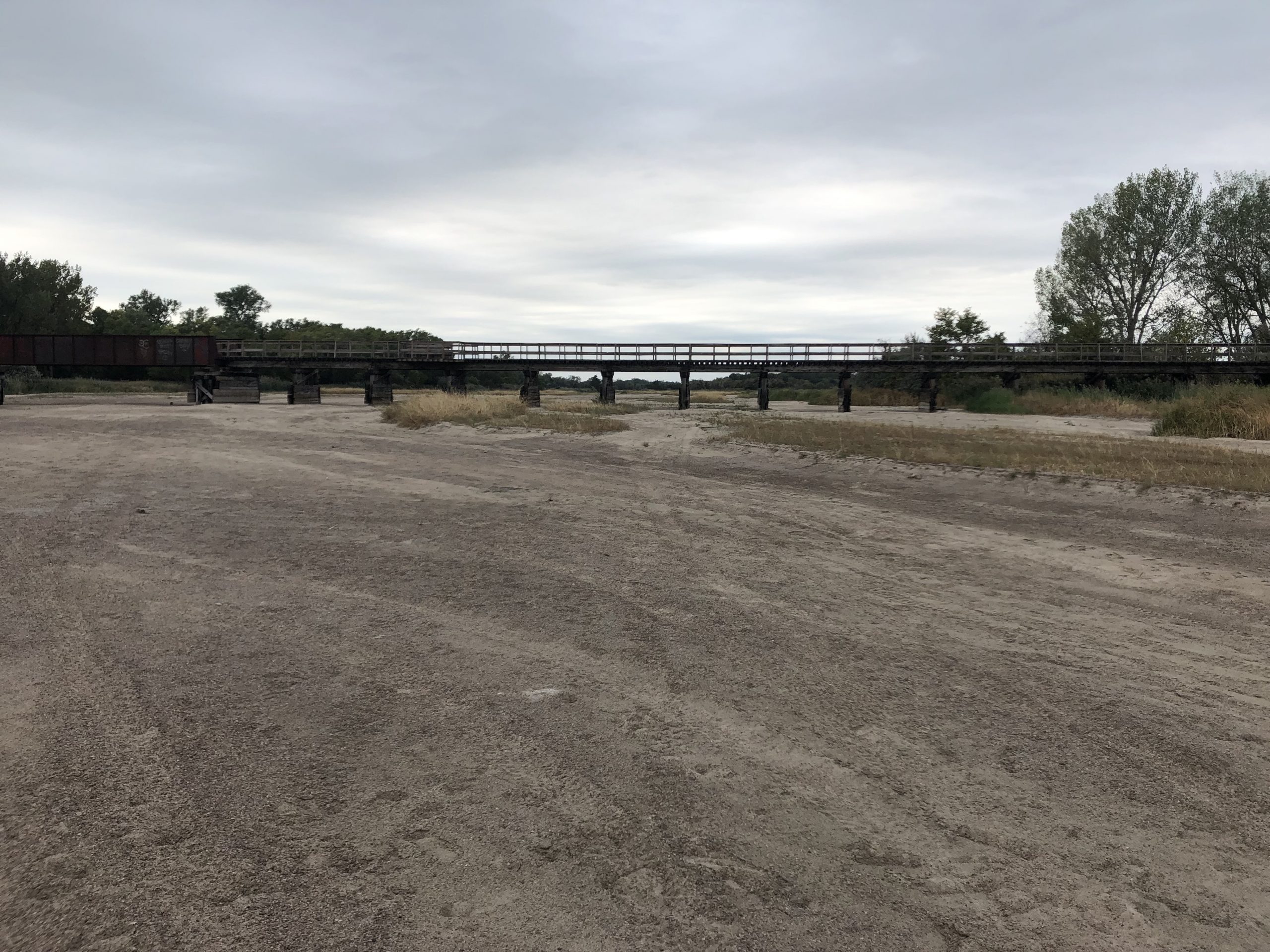
There was a vastness spanning to the left and right of us that just seemed wrong.
We had no more stepped into the sand before we noticed the first dead fish at our feet. We would later find clusters of them laying exposed in the sand. We started to set up our equipment again.
Slowly, we made our way through the sand, documenting the animal and 4-wheeler tracks, the dried remains of fish and minnows, and much to our surprise – a lone cow wandering the riverbed.
I don’t think either of us really wanted to leave. Four hours were spent doing our best to document the river that looked more like a country road with the 4-wheeler tracks and scattered footprints.
We stayed longer than either of us had ever intended, but there still felt like there was more to be documented. We kept going through different angles, different set ups, more positions to capture what was out there.
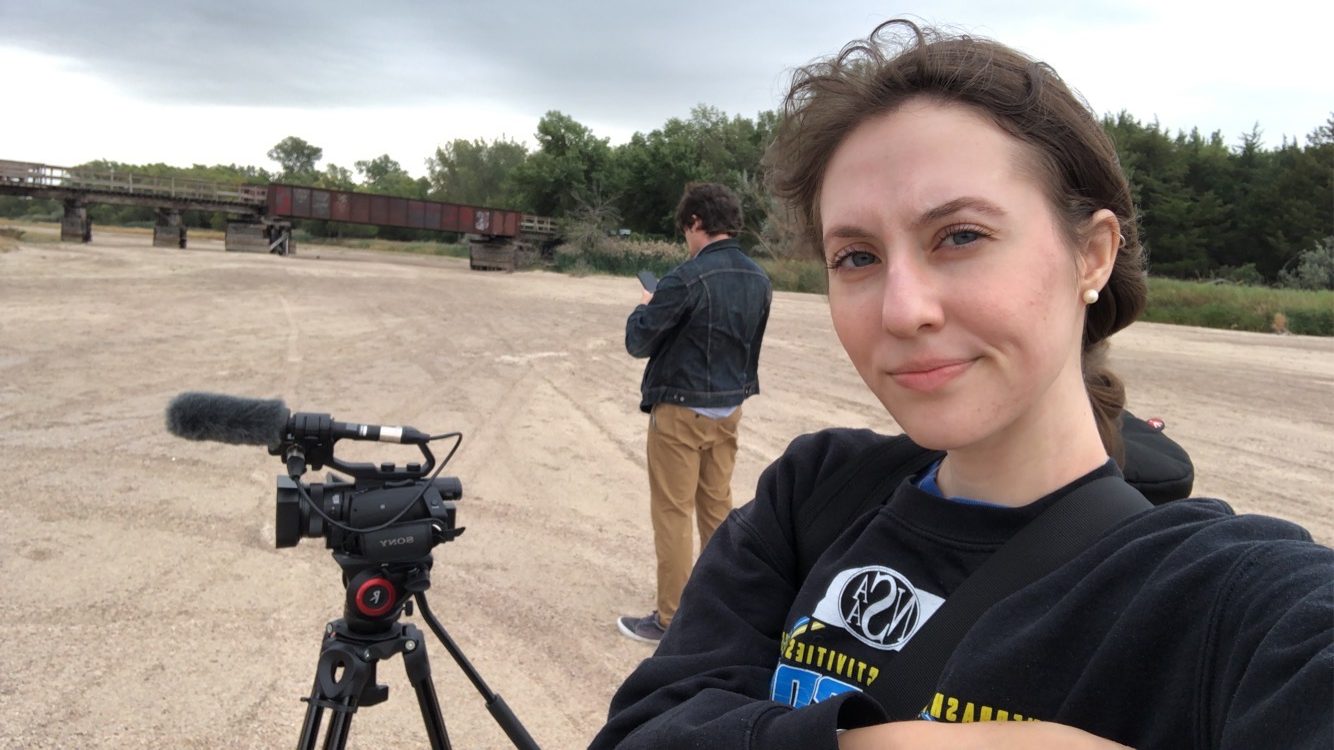
Throughout the whole afternoon, Mitchell and I kept saying to each other, “it’s difficult to capture this. What we’re seeing doesn’t begin to translate onto the camera”. We were trying to find a word that described the river, “desperate” was the word that came to my mind, and when I told Mitchell, he nodded in solemn agreement.
After hours of wading through the sand, we finally made our way back up on the bridge to get our parting shots.
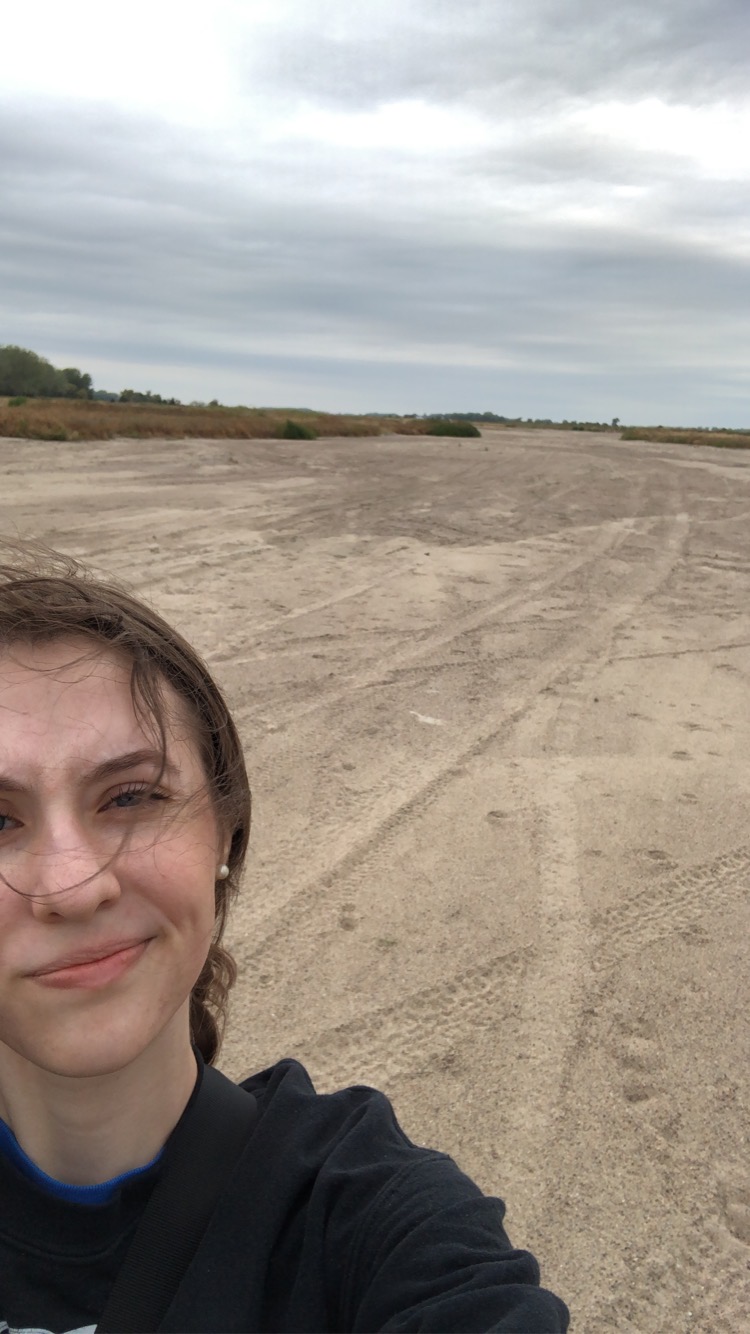
Mitchell and I walked the trail back to the car, talking over our shots, the water levels, and if the rain that was forecasted for that night and the next morning would even put a dent into filling the river again.
As we got in the car and started down the road back to UNK, I knew I would never forget that empty feeling I experienced there that afternoon.
View Mitchell’s blog to gain his thoughts on the Platte River bed.
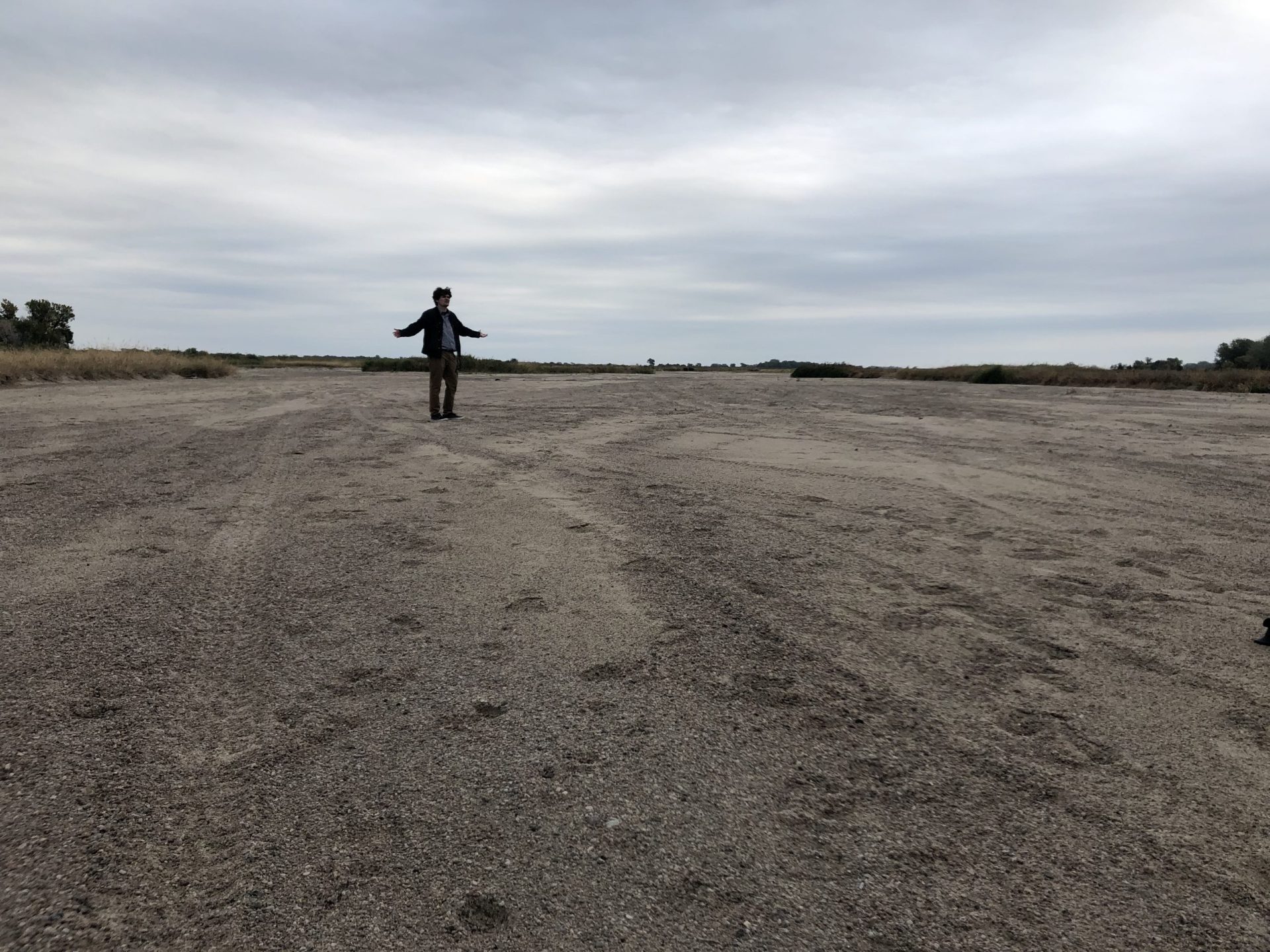

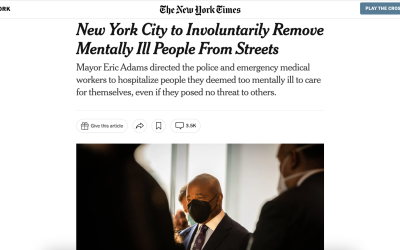
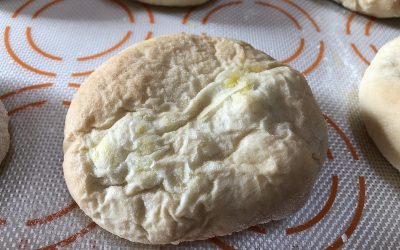
Wow, this is fantastic work you and Mitchell have been doing here. The photos are terrific. Really looking forward to the video story, but there’s also a great print/web story to tell here. You need to keep working on reporting this story.
Really like your talking about how you went about reporting the story.